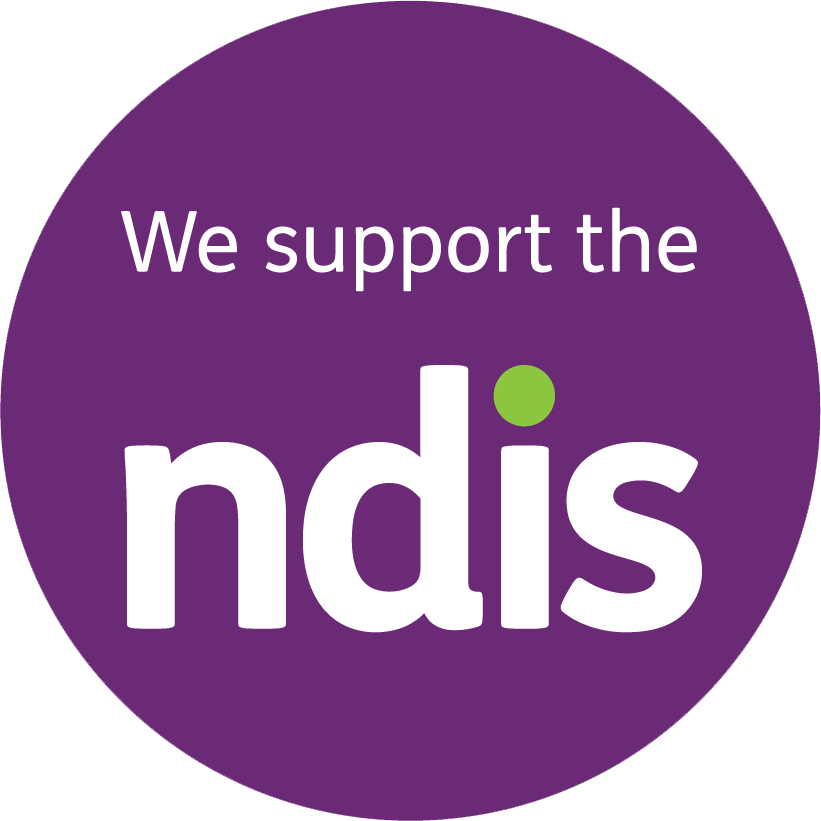Living with persistent pain can be an overwhelming and challenging experience. Whether it’s chronic back pain, arthritis, fibromyalgia, or any other condition, finding relief can often feel like an elusive goal. While medical interventions and pain management strategies play a crucial role, one often overlooked aspect of managing persistent pain is the quality of sleep.
Understanding the Pain-Sleep Connection
Research shows a bidirectional relationship between pain and sleep. Chronic pain can disrupt sleep patterns, leading to difficulty falling asleep, frequent awakenings, and overall poor sleep quality. Conversely, inadequate sleep can lower pain thresholds and intensify the perception of pain. It becomes a vicious cycle where pain disrupts sleep, and poor sleep exacerbates pain, making it even more challenging to find relief.
Sleep as a Natural Pain Reliever
During sleep, the body engages in various restorative processes, including tissue repair and the release of growth hormones. These processes help reduce inflammation and promote healing, which can alleviate pain symptoms. Additionally, sleep plays a vital role in modulating pain perception by influencing the brain’s pain processing centers. A well-rested brain is better equipped to regulate pain signals, leading to a decreased intensity of pain experienced.
Sleep and Medication Effectiveness
For individuals taking pain medications, sleep can significantly impact their effectiveness. Studies have shown that insufficient sleep can reduce the efficacy of pain medications, requiring higher doses to achieve the same level of relief. On the other hand, optimising sleep quality can enhance the effectiveness of medications, allowing individuals to manage their pain with lower doses, thereby reducing potential side effects.
Tips for Promoting Restful Sleep
- Establish a consistent sleep schedule: Go to bed and wake up at the same time each day to regulate your body’s internal clock.
- Create a sleep-friendly environment: Ensure your bedroom is dark, quiet, and at a comfortable temperature.
- Practice relaxation techniques: Engage in activities such as deep breathing, meditation, or gentle stretching before bedtime to promote relaxation and reduce pain-related anxiety.
- Optimise sleep posture: Experiment with different sleeping positions and supportive pillows or cushions to find the most comfortable alignment for your body.
- Avoid stimulating substances: Limit caffeine, nicotine, and alcohol intake, as these can disrupt sleep patterns.
- Incorporate physical activity: Engage in regular low-impact exercises, such as walking or swimming, to improve overall sleep quality.
Seeking Professional Help
If persistent pain continues to interfere with your sleep despite implementing these strategies, it is important to consult with your doctor. They can evaluate your specific condition, recommend appropriate treatments, and may refer you to pain specialists or to a program such as the Persistent Pain Program run by 360 Health + Community to provide further support and manage your pain symptoms.
While managing persistent pain may seem like an uphill battle, recognising the crucial role of sleep can significantly improve one’s quality of life. By prioritising restorative sleep, individuals can enhance their body’s natural pain-relieving mechanisms, improve the effectiveness of pain medications, and break the cycle of pain and sleep disruption. By incorporating healthy sleep habits into their routine and seeking professional support when needed, those living with persistent pain can take a proactive step towards finding relief and regaining control over their lives.
About 360 Health + Community’s Persistent Pain Program (PPP)
360 Health + Community’s Persistent Pain Program is coordinated by a nurse coordinator and supported by a team of clinical psychologists, exercise physiologists and dietitians to offer individual support and education to help you manage your chronic pain. Our Persistent Pain Program can help with pain associated with surgery, trauma or other conditions. The program is run from our 360 Health office in Rockingham and involves monthly education sessions for six months, plus individual case management for up to 12 months.
To access the Persistent Pain Program, you will need a GP referral. If you do not have a GP, please contact us directly. Eligible participants may also be entitled to three subsidised supplementary allied health services to help with managing persistent pain. Eligibility is determined during individual appointments so contact us to find out more.





